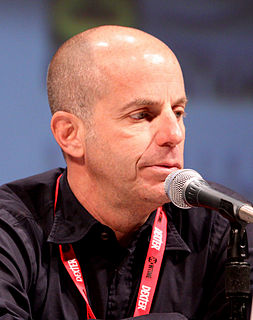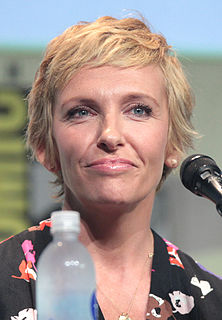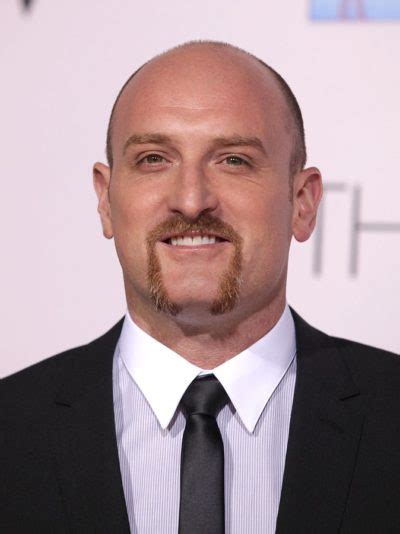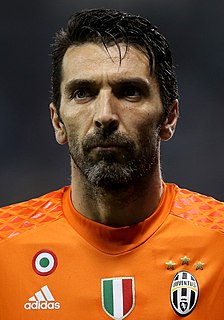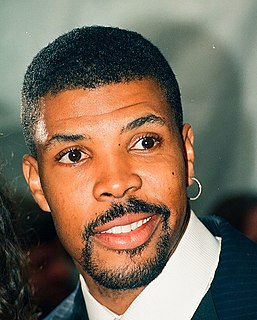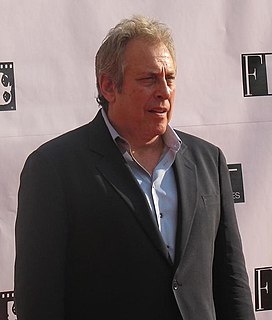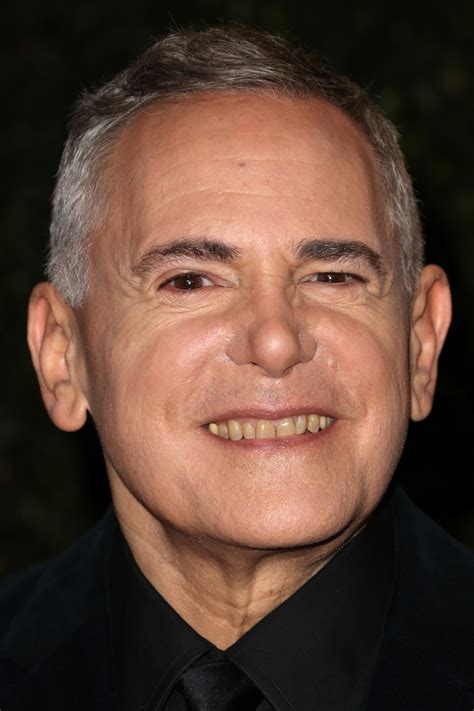A Quote by Neal H. Moritz
There's pressure to deliver as good of a movie with a little bit more of a budget, and that to me ... to me the hardest thing always is, I just want to deliver a good movie no matter what the budget is and no matter where we shoot it or any of those things.
Related Quotes
A budget is not an issue. I mean a budget is used if you need more weeks or more time or more elements, but the creative process is exactly the same. In some instances you become more of a boss when you are doing a small movie. So that is not so relevant. The only thing is that the bigger a movie is in terms of budget, is that there are more people giving opinions.
I don't know what the misconceptions are, but I approach a small budget, artsy, independent movie in the same way as a big budget, commercial Hollywood movie. I don't get into those [details]. I have to get into my character and I concentrate on that, on the story, on researching, and on certain training if I have to be prepared physically. I think that's the most important thing.
It’s just … everything. There are too many people. And I don’t fit in. I don’t know how to be. Nothing that I’m good at is the sort of thing that matters there. Being smart doesn’t matter—and being good with words. And when those things do matter, it’s only because people want something from me. Not because they want me.
I came from advertising. For me it's about protecting the director's vision. That's always the goal. There's keeping things on budget and on time and dealing with selling the movie so that to me is a focus. But also it's about serving the script. We are genre filmmakers, those are the films we love to make, so my perspective is a little different.
For me, in movies, it's always a mixed bag. I've never made a movie where I thought, "You were really good in that movie; you were good all the time." No. It's always, "You didn't get it, you didn't do it in that scene, but the other scene is pretty good." So I just hope that in balance there's more good scenes than not.
